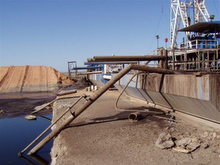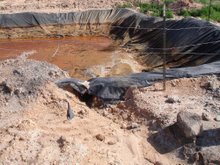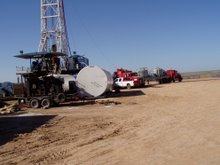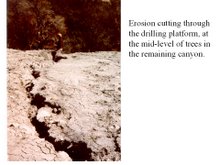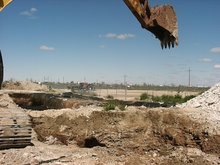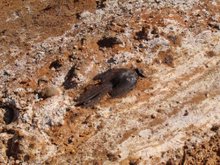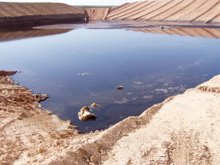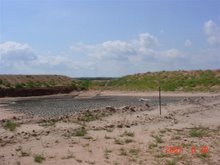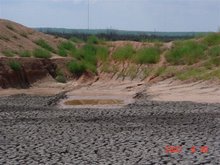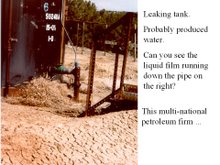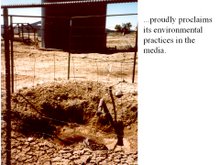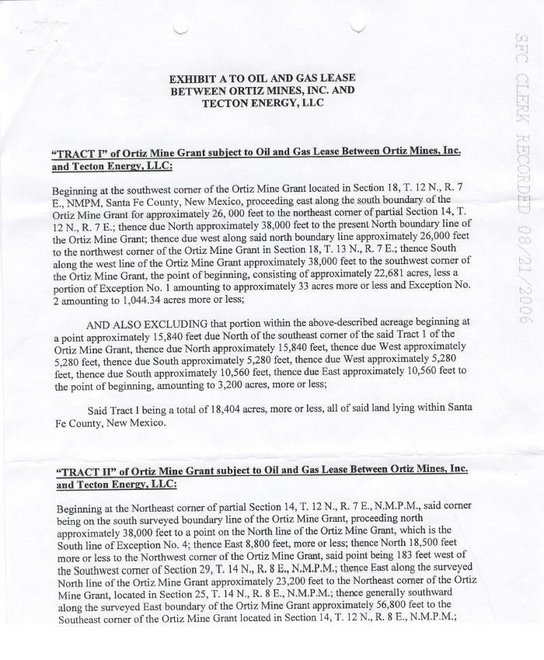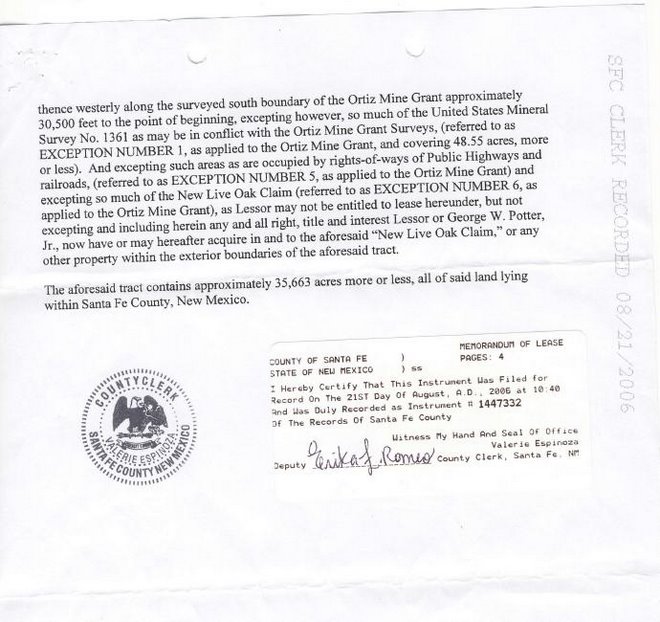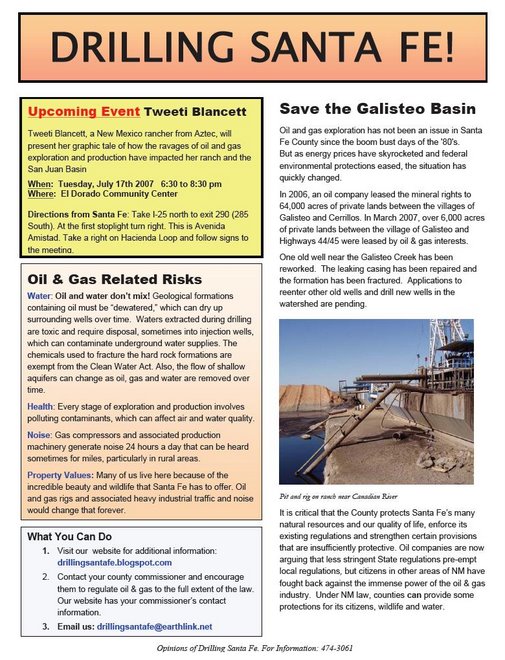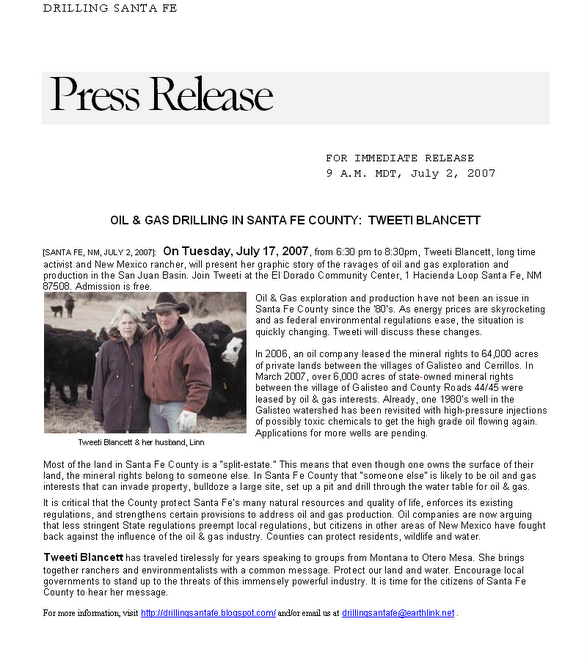Susan Montoya Bryan | The Associated Press
Posted: Saturday, February 27, 2010
"Gov. Bill Richardson's 30-day legislative session didn't go exactly as planned.
With the end of his second four-year term looming, this was his last chance to push through the New Mexico Legislature an environmental agenda aimed at cracking down on polluters and the emissions blamed for global warming.
Lawmakers didn't play along.
"It's disappointing," said Sarah Cottrell, the governor's energy adviser.
Richardson wanted to give state regulators the power to deny new permits or revoke existing permits after a track record of air quality violations. State laws that govern water, solid waste and hazardous materials already include a so-called bad actor clause, but the air quality act does not.
The Democrat governor also took aim at greenhouse gas emissions with legislation that would have established the groundwork for a future cap-and-trade program.
The measure would have allowed the Environmental Improvement Board, an unelected body appointed by the governor, to establish rules for early reduction credits, offsets and the reporting of greenhouse gas emissions for electricity imported to New Mexico.
The bad actor bill failed by a single vote, and the emissions measure languished in committee after drawing fierce opposition from an army of lobbyists, utilities, small-business owners, agricultural interests and some residents.
The Senate also rejected one of Richardson's nominees to the Environmental Improvement Board.
However, the governor has said his administration will not abandon plans for adopting environmentally friendly policies.
"For those who think I am going to retreat from protecting the environment, clean air ... they are mistaken," Richardson said at a Feb. 16 news conference.
It's up for debate whether the measures failed because lawmakers were overwhelmed with the state's budget crisis or because they were concerned about giving more power to the executive branch.
Rep. Brian Egolf, a Santa Fe Democrat who sits on the House Energy and Natural Resources Committee, chalked it up to politics.
"I think the Republicans are focusing on a boogeyman of convenience, and that's the Environmental Improvement Board. They are using that as an excuse to derail some stuff that's pretty commonsense and pretty important for regular folks," Egolf said. " More>>>>

 However, the drilling technique used to unlock the gas, called hydraulic fracturing, or "fracking," has become a serious point of contention.
However, the drilling technique used to unlock the gas, called hydraulic fracturing, or "fracking," has become a serious point of contention. 




